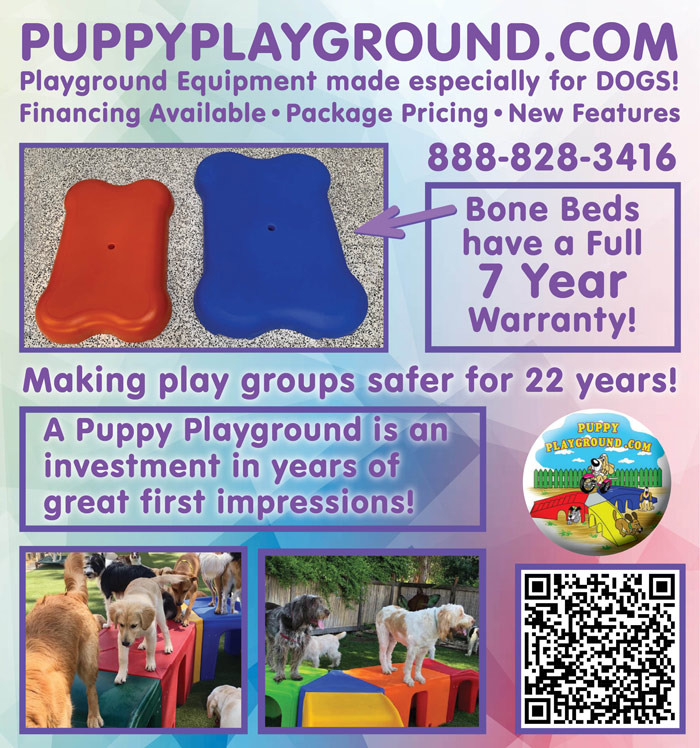


e all have wonderful clients that make our days brighter; clients that take our advice and do their best to take excellent care of their pets. These are the names that make us happy when we see them on our schedule. These are the clients that make us cookies and send us Christmas cards. Wouldn’t it be great if all of our clients would be like our favorite ones?
Now, people are people and they are all different, so making 100% of clients happy 100% of the time is never going to be possible. But, we can make more of our clients happy more of the time, and it is not hard. It boils down to addressing all of the ways in which clients perceive us. Let’s examine this closer…
We all have five senses that we use to gain information about our world: Sight, Smell, Hearing, Touch and Taste. Here are some ways that we can leverage all our clients’ senses to take in the positive messages that we want to spread:
Walk through your clinic with the eyes of a client. Even conscript a family member or friend to come along. We know that people make judgements quickly based on visual perception, which is a phenomenon called the “Halo Effect.” According to Psychology Today, the Halo Effect is “cognitive bias that occurs when an initial positive judgment about a person unconsciously colors the perception of the individual as a whole.” We can use this bias to help make sure that our clients view us in the best possible light.
Do you have a front sign with a message board? Could you show your personality on the board with regular messages? People will start to associate you with a smile and will see that you love your job. Human beings are drawn to others who are happy and fun. For the most part, veterinary professionals are fun and our patients bring out the best in us, so let people know! Be a place that people walking into and driving by will feel good vibes about.
Is your parking lot ample and clean? Is there something that you could do that would be easy and affordable that would make your parking lot better? A poop bag dispenser? A cute outdoor sign welcoming clients and listing which species you treat might be a nice addition. An easel with a chalkboard could be easily changed by your team with a personal message. A personal touch goes a long way, and veterinary teams are jam-packed with creative and artistic people that are happy to share their talent.
When clients (or potential clients) come in your door, they should see friendly, happy, confident people. Train your team to smile even when they are answering the phone (people can tell). Write scripts that you like to answer your most frequent phone questions and go over them at team meetings. Ask your team for input. When the team helps write the script, it is more authentic and from the heart (and easier to remember). Some areas that might be addressed include questions about price or product recommendations. Make sure your team feels confident in your pricing strategy so they can explain things well.
What about the items they see? Make sure that pictures and posters are framed and hanging straight. Any retail items should be displayed in a pleasing, symmetrical way. Remove any expired products. Clients might think that you don’t care if they see expired, damaged or dust-covered products in your clinic. (And we all know that veterinary professionals do care. We are just very busy and might overlook something.)

![]() What is That Smell?
What is That Smell?
 According to Feng Shui for Real Life :
According to Feng Shui for Real Life :

Vanilla scent is great for your front door, as it evokes a sense of well-being.

Lavender scent is also a good choice because it has been suggested for relaxation.

![]() The Sound of Silence
The Sound of Silence
A study published in 2021 by the Proceedings of the National Academy of Sciences looked at the health benefits of natural sounds, like birds and running water, on human beings. The scientists found that natural sounds reduced blood pressure, decreased pain and improved cognitive performance.1 Although this study was based on findings in national parks, we can use what they learned to create a better experience for our clients. It is fairly easy and inexpensive to install small speakers around our clinic to project nature sounds. Science tells us that it will create a better experience for the people and the pets.
![]() Magic Touch
Magic Touch
According to the principles of Feng Shui, our feelings are impacted by the things around us. If our clients can sit in comfortable chairs, it improves their impressions and feelings about us. The artwork on the walls should depict happy people and loveable pets to evoke positive feelings. All the furnishings should be in good repair, because shabbiness can send the wrong message and imply that you don’t provide the highest standard of care.
![]() Taste of Success
Taste of Success
While veterinary clinics are not generally associated with human food, we can garner inspiration from those favorite clients of ours who bring us goodies. Why not spread that good cheer in return? Keep it simple by offering a self-serve coffee station and maybe some locally made (human) treats, but be sure it is clearly noted they are not for pet consumption, and avoid stocking any that contain ingredients that may be toxic to pets. Of course it’s a good idea to have some treats out for pets, too!
Creating a more pleasant veterinary visit starts with a walkthrough of your clinic with new eyes. See, smell, hear, touch and taste what your clients do, and then take it all to the next level. And don’t forget, your team and your patients will also benefit from these changes!

- Buxton RT, Pearson AL, Allou C, et. al. (2021, April 6). A synthesis of health benefits of natural sounds and their distribution in national parks. Proc Natl Acad Sci USA. 118(14): e2013097118. doi: 10.1073/pnas.2013097118. PMID: 33753555; PMCID: PMC8040792.
- Jourard, S. M., & Rubin, J. E. (1968). Self-Disclosure and Touching: A Study of Two Modes of Interpersonal Encounter and Their Inter-Relation. Journal of Humanistic Psychology, 8(1), 39–48. https://doi.org/10.1177/002216786800800104

